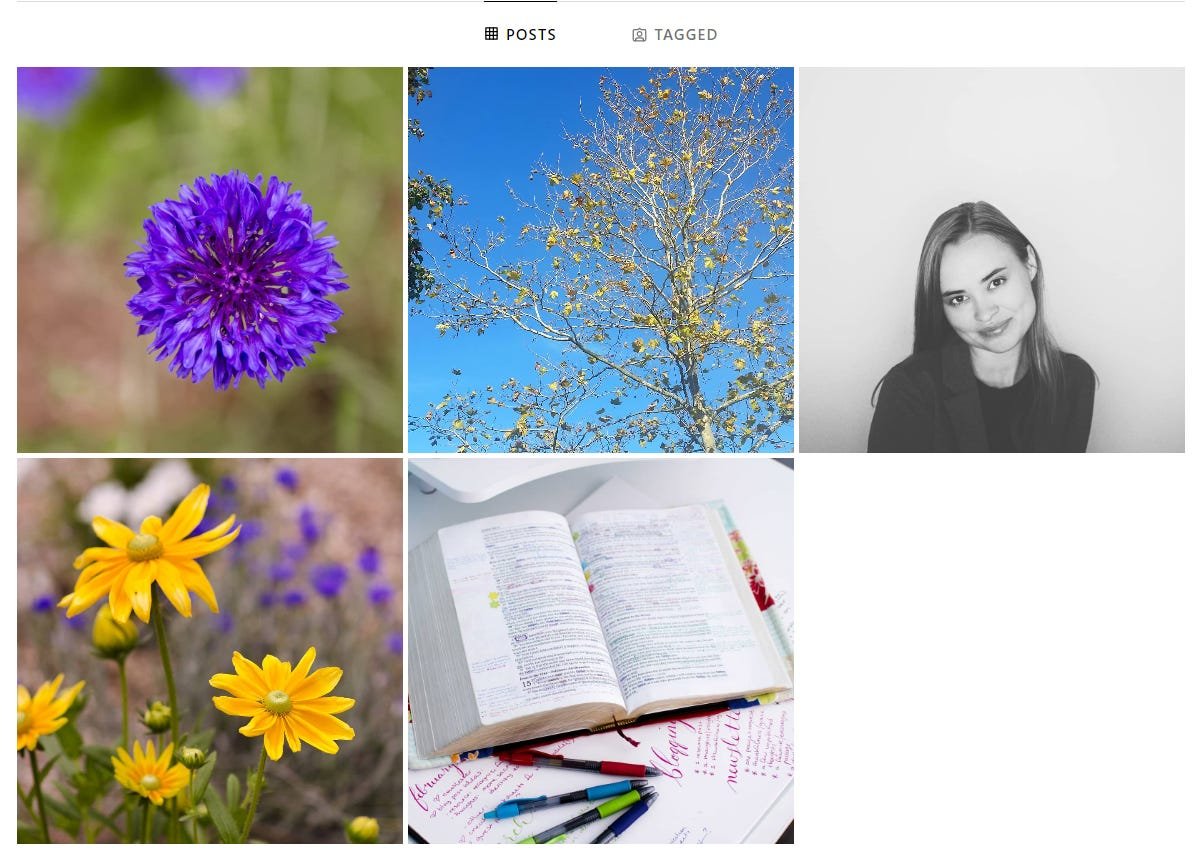you are a God who sees
/There's a saying: "Hurt people hurt people."
It's been on my mind lately. There is so much pain in this world and it seems to increase at an exponential rate, which makes sense - because every one of our wounds can be traced back to the hand of another wounded soul. Sometimes things hurt so much that the only accessible relief seems to be to turn and hurt somebody else, even if it's entirely unintentional. Even if we hate ourselves for doing it a moment later.
Hurt people hurt people.
Hurting fathers hurt their children. Hurting wives hurt their husbands. Hurting children hurt their families. Everywhere, pain breeds more pain, and one person's wounds can sink claws of destruction deep into the soul of a child many generations down the line, perpetuating a brokenness that has cracked us all down the middle since the fall of Adam.
It seems hopeless: I am broken, just like endless ancestors before me. And if I ever try to numb my pain, I'm doomed to break someone else in the process.
There's a very broken woman in the pages of the Bible. Her name, at least when we meet her, is Sarai. We don't know much about how she grew up or what wounds she carried with her from childhood, but we do know that she was deeply scarred in her marriage and in her relationship with God. Her husband quite simply did not cherish her as much as he loved himself (Genesis 12:13). She was denied, too, the opportunity to love and be loved by a child (Genesis 11:30). She witnessed God's promise of a biological heir for her husband, but toward Sarai herself, God was silent (Genesis 15:4).
A deep, jagged wound left Sarai empty and aching in her area of most profound need. And she did what all hurting people do: she turned around, sucked in a shaking breath, and plunged her pain into someone else like a poisoned blade. She found half a moment of blessed relief, and in an instant another generation - no, another whole nation - was infected with destruction.
After Abram had lived ten years in the land of Canaan, Abram’s wife Sarai took Hagar the Egyptian, her maid, and gave her to her husband Abram as his wife. He went in to Hagar, and she conceived; and when she saw that she had conceived, her mistress was despised in her sight. And Sarai said to Abram, “May the wrong done me be upon you. I gave my maid into your arms, but when she saw that she had conceived, I was despised in her sight. May the Lord judge between you and me.” But Abram said to Sarai, “Behold, your maid is in your power; do to her what is good in your sight.” So Sarai treated her harshly, and she fled from her presence.
Genesis 16:3-6
Enter Hagar - another very broken woman, an Egyptian slave in Abram and Sarai's household. Hagar likely had nothing of her own in life, least of all a voice or any kind of power. She was entirely at the mercy of others, and when Sarai's pain became unbearable, Hagar received the abuse.
She was treated little better than a cow for breeding - violated to dull someone else's pain.
And she did what all hurting people do: she turned around, sucked in a shaking breath, and plunged her pain right back into her mistress like a poisoned blade.
This, to me, is one of the bleakest pictures in the Bible. Two broken people in heart-to-heart combat, each trying to destroy the other in hopes of forgetting her own desperate state for just an instant.
And I can look around at any relationship of any kind on this earth and see the very same image.
Is there any hope for healing? Any chance this sick cycle can ever be broken? Or should we just resign ourselves to hearing of another school shooting or another ugly divorce or another split church every passing day?
Well, the story doesn't end there.
Now the angel of the Lord found her by a spring of water in the wilderness, by the spring on the way to Shur. He said, “Hagar, Sarai’s maid, where have you come from and where are you going?” And she said, “I am fleeing from the presence of my mistress Sarai.” Then the angel of the Lord said to her, “Return to your mistress, and submit yourself to her authority.” Moreover, the angel of the Lord said to her, “I will greatly multiply your descendants so that they will be too many to count.” The angel of the Lord said to her further,
“Behold, you are with child,
And you will bear a son;
And you shall call his name Ishmael,
Because the Lord has given heed to your affliction.
“He will be a wild donkey of a man,
His hand will be against everyone,
And everyone’s hand will be against him;
And he will live to the east of all his brothers.”Then she called the name of the Lord who spoke to her, “You are a God who sees”; for she said, “Have I even remained alive here after seeing Him?” Therefore the well was called Beer-lahai-roi; behold, it is between Kadesh and Bered.
Genesis 16:7-14
There it is: Hope.
In the middle of this black picture, the angel of the Lord appears.
Hagar has been driven out, all the way to Shur - the middle of nowhere, wilderness of wilderness. She is desperately alone. But God says,
"Hagar." I know your name.
"Sarai's maid." I know who you are.
"Where have you come from and where are you going?"
What an incredible pair of questions for the God of the Universe to ask at that moment. He knows the answers - but does she? "Where have you come from?" It's about more than her journey from Abram and Sarai's dwelling in the land of Canaan to the back of beyond. God probes into the origin of the problem, the origin of the wound. Healing only comes when we all answer the question: Where have we come from? We have to dig out the roots of our actions, all the way down to the bedrock of brokenness they spring from. No healing can happen until we cease trying to medicate away our symptoms and reach instead for the rotting insides of the wound.
"And where are you going?" When we get down to the messy guts of our pain, God's plan is never to leave us wallowing in it. Healing only comes when we answer the question: Where are we going? Now that we've uncovered the real traumas, we have to cut out the rotting core and wash the wound clean. No healing can happen until all the lies we have believed because of our wounds are completely eradicated and cleansed with the truth.
Hagar only answers the first question: "I am fleeing from the presence of my mistress Sarai." It's God who answers the second. "Return to your mistress, and submit yourself to her authority." Go, but don't take the pain with you. Go, but don't keep stabbing others with your wounds. Go, but go in the healing of the truth.
And what is the truth?
For Hagar, who has lived the life of a piece of property, the healing truth is that she is significant. She has a place in the world and a voice in history. God hears the cry of her heart and sees the pain she has endured.
She names her son, the father of one of the greatest nations on earth, Ishmael - "God hears." She names that spring of water where He appeared to her Beer-lahai-roi - "The well of the Living One who sees me."
That is the truth that breaks sin's sick cycle in our world. God hears. God sees. Our pain is not unnoticed by Him, and He doesn't want to leave us in it.
He's calling us by name and asking two questions: "Where have you come from and where are you going?" Because if we're going to stop being hurt people who hurt people, we need to know the answers.







